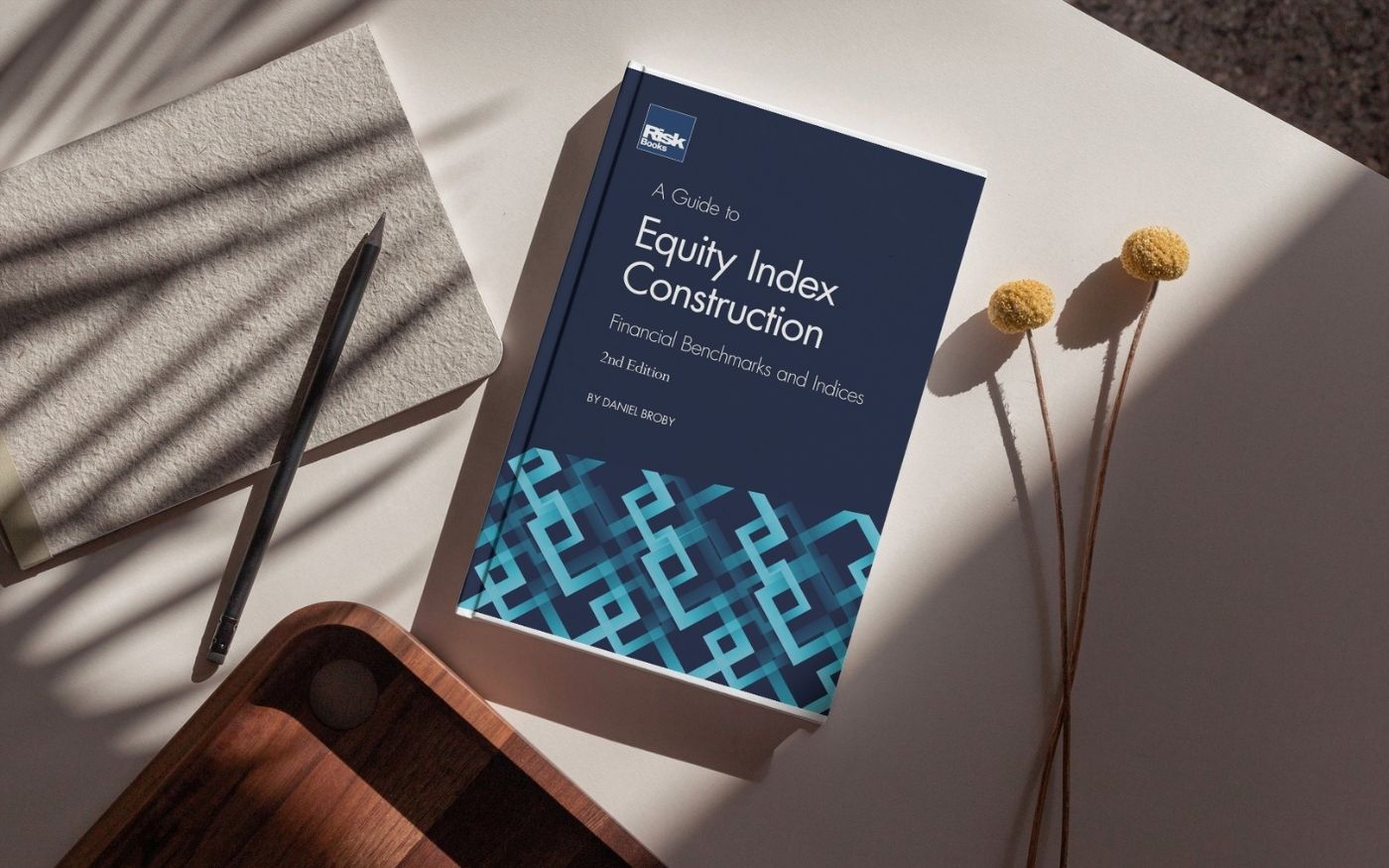Research by: Ardvin Kester S. Ong, Yogi Tri Prasetyo, Michael Nayat Young, John Francis T. Diaz, Thanatorn Chuenyindee, Poonyawat Kusonwattana, Nattakit Yuduang, Reny Nadlifatin, & Anak Agung Ngurah Perwira Redi
Executive Summary
This study aims to determine the preference of Industrial Engineering (IE)-Engineering Management (EMG) students for online classes during the COVID-19 pandemic utilizing conjoint analysis with the orthogonal design. The paper considered delivery type, layout, term style, final requirements, Coursera requirements, seatwork and practice sets, and online platforms as the seven attributes of preference. Purposive sampling from Mapua University was considered in this study, even though two universities in the Philippines offer an Undergraduate, Master, and Doctor of Philosophy (PhD) degrees in IE-EMG, namely Mapua University and De La Salle University. The respondents were comprised of 79 Undergraduate, 30 Fully Online Master degree, and 17 regular Master and PhD degree students. The 126 respondents who voluntarily answered an online survey distributed through social media answered a 7-point Likert Scale of the 20 stimuli created from SPSS with two holdouts.
Results showed that Undergraduate students considered the final requirement with multiple-choice as the highest preference, followed by non-modular term style, and no seatwork and practice set required. Based on the results, it could be deduced that Undergraduate students are technologically inclined, requiring learning at their own pace, needing the guidance of teachers/professors, and are cautious with their grades to pass the course. In addition, Fully Online Master students (FMS) considered delivery type as the highest preference, followed by course outcome layout, and no seatwork and practice set required. Moreover, FMS students would prefer having high security of platforms utilized, clarity in the system being utilized, and having as little academic workload as possible.
Lastly, Master and PhD students considered final requirements with publication as the highest preference, followed by no seatwork and practice set, and mix delivery type. Publication as the priority highlights having a mixed delivery type because of the different time zones students live in. Students’ knowing what needs to be done would lead to positive academic achievement.
Despite the substantial and practical contributions, there are several limitations with the study’s current findings. First, due to the pandemic and the availability of universities that offers Undergraduate, Master, and PhD programs in the Philippines, this study was only able to collect a small number of respondents. It is recommended to evaluate the orthogonal design created among IE-EMG students with a higher number of respondents. Second, the study only focused on preference and did not consider performance. Future studies may combine preference and performance by utilizing Structural Equation Modeling to have a more holistic result. Third, this study only focused on industrial engineers. Studies may also compare other courses that continue with online learning. This may strengthen how online learning should be delivered. Lastly, this study was conducted during the COVID-19 pandemic. Though the respondents were able to experience both traditional learning and online learning, the situation left them with no other choice for preference. Therefore, it is recommended to conduct the study after the COVID-19 pandemic when both traditional learning and online learning are offered.
To cite this article: Ong, A. K. S., Prasetyo, Y. T., Young, M. N., Diaz, J. F. T., Chuenyindee, T., Kusonwattana, P., Yuduang, N., et al. (2021). Students’ preference analysis on online learning attributes in industrial engineering education during the COVID-19 Pandemic: A conjoint analysis approach for sustainable industrial engineers. Sustainability, 13(15), 8339. MDPI AG. http://dx.doi.org/10.3390/su13158339.
To access this article: http://dx.doi.org/10.3390/su13158339
About the journal
Sustainability is an international, cross-disciplinary, scholarly, peer-reviewed and open access journal of environmental, cultural, economic, and social sustainability of human beings. It provides an advanced forum for studies related to sustainability and sustainable development, and is published semimonthly online by MDPI.





